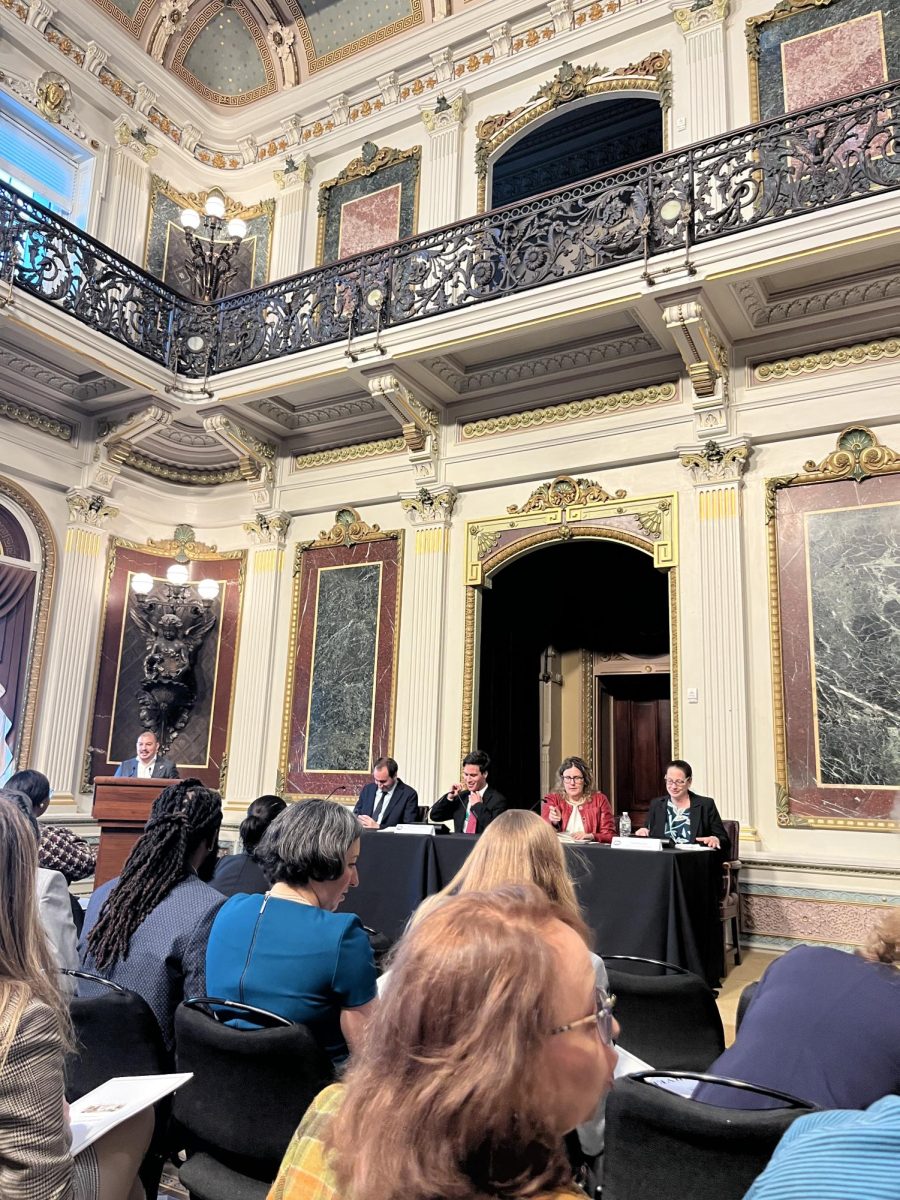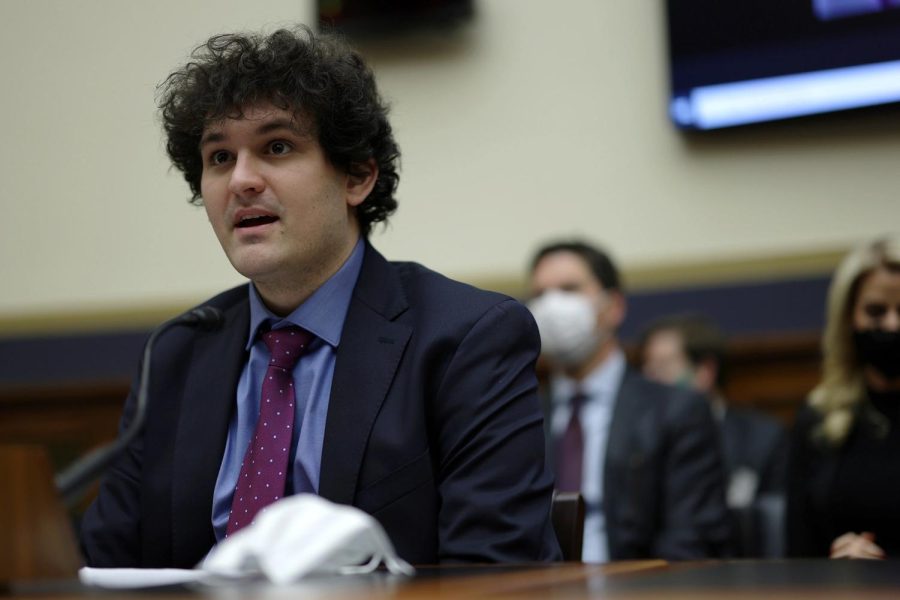The cryptocurrency world has spiraled into chaos over the past couple of months, raising concerns among current and aspiring investors. After the collapse of cryptocurrency exchange company FTX, which declared chapter 11 bankruptcy in early November, cryptocurrencies have been subjected to unprecedented scrutiny. Not only have some wealthy investors suddenly lost millions of dollars, but some, like FTX founder Sam Bankman-Fried, could even face jail time.
FTX filed for bankruptcy after the competing cryptocurrency exchange Binance backed out of a deal to acquire the company.
“It’s not just a couple random people, it’s some fairly big companies that had their money in FTX,” technologist and crypto agent Jesse Markowitz said. “Even if people weren’t directly involved with FTX, such as with Gemini, now that FTX is broke, completely separate associations like Gemini don’t have as much money to give their customers.”
Gemini is another cryptocurrency exchange company. Gemini announced that customer withdrawals became delayed alongside Genesis, also a leading cryptocurrency agency.
“This creates a contagion,” Markowitz said. “Even if you were not directly impacted, the company that starts a crypto collapse creates a ripple effect.”
Throughout Lafayette’s campus, especially within the economics department, the fall of crypto likely won’t drastically affect students who invest, but it may cause some inconvenience.
“There’s a lot of concern for the integrity of different exchanges,” Markowitz said. “People are beginning to realize the popular economics term ‘not your keys, not your coin,’ basically meaning that if you hold keys to crypto, you have to control it.”
The illiquidity and decentralized aspect of cryptocurrency are more of a sign that anyone can be at risk when investing.
Much of the controversy with crypto also involves cryptocurrency leaders donating millions of dollars throughout the recent 2022 election cycle. Prior to the collapse, both Sam Bankman-Fried and Nishad Singh donated a combined $100 million dollars to the Democratic party. Meanwhile, another top FTX executive Ryan Salame donated $23 million to Republicans and conservative groups.
While this did not specifically cause the FTX collapse, it does inspire new questions.
“As much as I don’t know a lot about [the collapse], the whole situation is quite a scam and people are trading in intangibles,” Evan Brown ’26 said.
These debates raise the question of whether cryptocurrency should be regulated by the U.S. government. Some say that regulation prioritizes consumer protection and the safety of financial integrity, while opponents argue regulation would limit innovation throughout society.
“The U.S. Securities and Exchange Commission needs to rein it in more to keep these controversies from happening,” Brown said.
While any future investor should watch out for a sudden collapse like FTX, many argue that the pros of cryptocurrency outweigh the cons.
“Bitcoin and some other cryptocurrencies are going to become the mark of economic infrastructure moving forward,” Markowitz said. “It compares to how everyone needs to know how to use the internet now. Ten years from now, if you’re not comfortable with Bitcoin it’s going to be a great challenge to take part in transactions.”








































































































